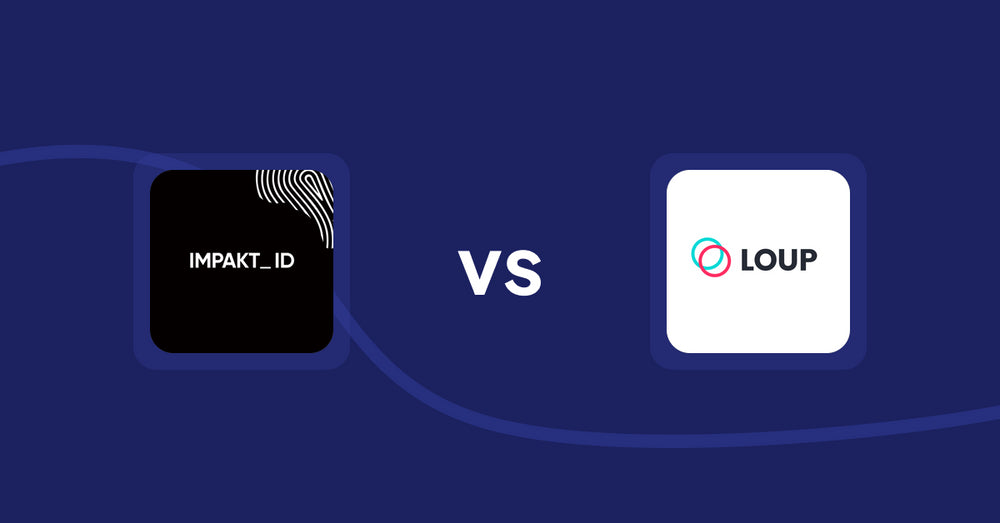Shopify Metafield Apps: Metafy vs StoreHours
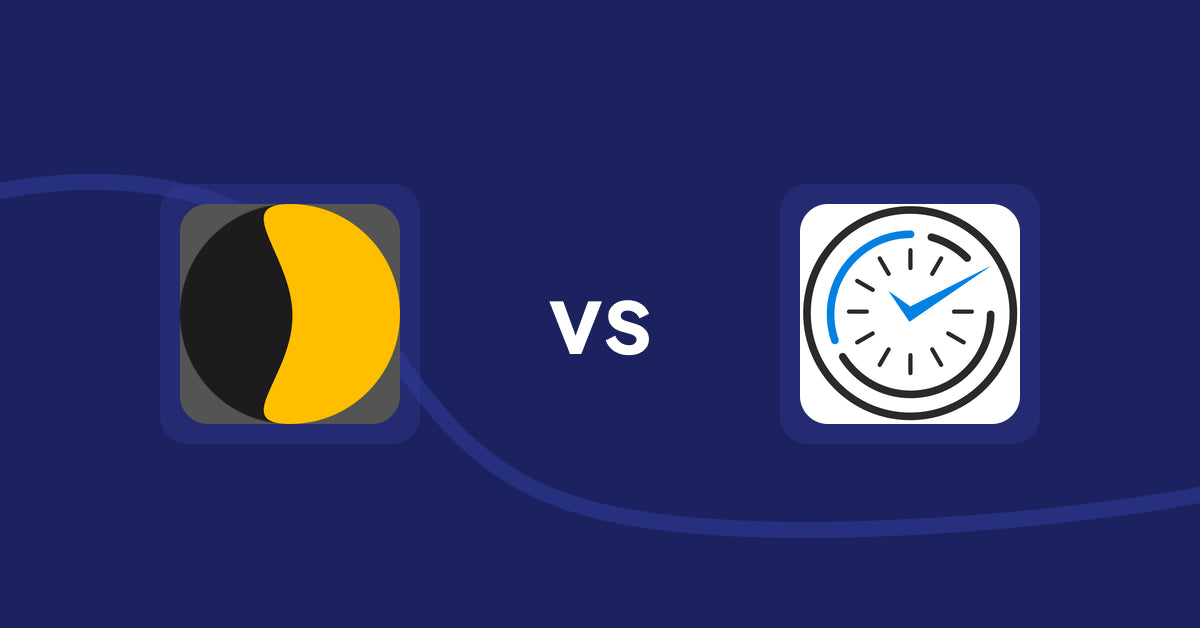
Table of Contents
- Introduction
- How Does Metafy Work?
- How Does StoreHours Work?
- How Much Does Metafy Cost?
- How Much Does StoreHours Cost?
- Cost Analysis: Metafy vs. StoreHours
- User Reviews & Customer Support Insights
- Integration and Compatibility Comparison
- Conclusion
Introduction
Metafields are crucial for Shopify merchants, providing the ability to store specialized data related to products, orders, and other elements of your store. The right Metafield app can greatly enhance user experience, allowing for customization that caters to individual business needs. Metafield apps extend the capabilities of your Shopify store, enabling the integration of additional functionalities that are essential for customer engagement and satisfaction.
In this post, we will explore two popular Metafield apps: Metafy and StoreHours. Both apps provide unique capabilities that can transform your Shopify store, yet they cater to different needs and audiences. While StoreHours focuses on displaying operating hours, Metafy opens up a realm of possibilities with customizable functionalities.
How Does Metafy Work?
Metafy is designed to provide Shopify merchants with extensive options in using Metafields. It empowers you to add custom fields to a variety of elements in your store, such as products, blogs, collections, and more.
Key Features of Metafy:
-
Custom Metafields Creation: This feature allows you to create bespoke fields that align with your business needs. Whether you're a startup or a large enterprise, the ability to define what data you want to display enhances customer satisfaction.
-
Global Metafields: You can add metafields globally, ensuring that vital information is accessible throughout your entire store. This capability is especially useful for companies that want to maintain a consistent message across different pages.
-
User-Friendly Interface: Metafy’s intuitive layout makes it easy for merchants of all sizes to set up and manage their metafields. The simplicity of use reduces the learning curve, making it ideal for individuals unfamiliar with coding.
-
Scalable Functionality: Since Metafy relies on Shopify’s robust infrastructure, you can scale your store without worrying about performance or hosting issues. This feature ensures that as your business grows, your tools can grow with it.
Practical Applications:
Consider a hypothetical scenario where a growing e-commerce business focuses on personalized products. Using Metafy, they create metafields to capture customer preferences, which can be dynamically displayed on product pages. This personalized approach can significantly enhance the shopping experience and encourage user engagement.
How Does StoreHours Work?
StoreHours centers on ensuring that your customers are informed about your operating hours. This can be particularly beneficial for businesses with both online and physical stores.
Key Features of StoreHours:
-
Display of Standard Operating Hours: The app allows merchants to showcase store hours directly on their storefront, ensuring customers know when to shop.
-
Dynamic Updates for Holiday Hours: Unlike static displays, StoreHours offers the ability to dynamically update hours based on special occasions, ensuring that customers always have the latest information.
-
Multi-Language Support: StoreHours includes functionality for multiple languages, making it suitable for businesses with a diverse customer base.
-
Intuitive Dashboard: The user-friendly interface allows even the least tech-savvy merchants to input their hours easily, reducing the barrier to entry.
While StoreHours might be an effective way to communicate availability, it lacks the extensive customization capabilities present in Metafy.
How Much Does Metafy Cost?
Cost-effective solutions are paramount for Shopify merchants, particularly those looking to maximize returns on investment. Metafy currently does not have a defined pricing structure as the plans are embedded within the app's framework.
That being said, the absence of a specific pricing tier opens up flexibility, allowing a more tailored approach. Here are some insights:
- Price: Free to start with no payment information required upfront.
- Features: Includes all essential tools for managing metafields, without hidden charges.
- Limitations: The lack of a cost structure may seem limiting, but it underscores Metafy’s commitment to providing customizable solutions.
- Target Audience: This flexibility makes it ideal for startups and growing businesses that may be cautious about initial investment.
- Additional Costs: Currently, no additional costs are specified.
“It is important to note that you can always reach out to our team and we can create a custom pricing plan to suit your needs and your budget. Schedule a call via this link and we’ll come up with the best solution for you and your business.”
How Much Does StoreHours Cost?
StoreHours offers a clear pricing model, designed to accommodate various business types.
Here’s a breakdown of the pricing structure:
-
Basic Plan: Free
- Features: Ability to display standard hours and accommodate up to 10,000 page views monthly.
- Limitations: Might be too basic for businesses with higher traffic.
- Target Audience: This plan is suitable for small businesses operating within a limited scope.
-
Premium Plan: $5/month
- Features: Unlimited monthly page views, dynamically updated holiday hours, and multi-language support.
- Limitations: A monthly fee may deter startups that are initially cash-strapped.
- Target Audience: Best for mid-sized businesses that require more advanced functionalities.
Cost Analysis: Metafy vs. StoreHours
When evaluating pricing structures, Metafy offers a more flexible and tailored approach compared to StoreHours. While StoreHours provides straightforward pricing, the added value and customization potential of Metafy often make it the more cost-effective choice in the long term.
For example, a startup utilizing Metafy can build a variety of metafields without the confines of a subscription model, while StoreHours’ free service may come with limitations. Therefore, businesses aiming for growth will likely find better efficiency in Metafy’s approach.
User Reviews & Customer Support Insights
Is Metafy Good?
Metafy holds a solid 5-star rating based on 64 reviews, showcasing its high user satisfaction. Merchants appreciate the ease of use and customization options, which have proven effective in enhancing their online offerings.
Is StoreHours Good?
StoreHours launched recently and currently has zero reviews, suggesting that it may still be establishing itself in the market. Users might find basic features useful, but without user feedback, it's challenging to gauge true effectiveness.
Customer support is critical in enhancing ratings, and while Metafy has established credibility, StoreHours needs to focus on building that rapport with its user base to boost its rating.
User Preference: Metafy or StoreHours?
When comparing average ratings, it’s evident that Metafy is significantly favored. Users seem to prefer the extensive capabilities and proven performance Metafy offers over the nascent functional appeal of StoreHours. The flexibility, customization, and strong user reviews make Metafy a more attractive option for businesses looking to enhance their online presence through effective Metafield management.
Integration and Compatibility Comparison
Metafy Integrations
Metafy seamlessly integrates with the vast Shopify ecosystem. It works efficiently within the Shopify framework, allowing users to maximize their store's potential without the worries of integration hassles.
StoreHours Integrations
Currently, there is no detailed information available regarding specific integrations for StoreHours. The app’s focus remains primarily on displaying operational hours but lacks the extensive integration capabilities present in Metafy.
Conclusion
Both Metafy and StoreHours offer robust solutions for Shopify merchants. However, Metafy stands out with its extensive customization features, user-friendly design, and flexibility, making it a superior choice for growing businesses. Its 5-star rating emphasizes the app's effectiveness in optimizing the e-commerce experience, while StoreHours' lack of reviews indicates a need for further development and user engagement. For Shopify merchants seeking comprehensive Metafield solutions, Metafy is undoubtedly the better option.
Still Searching for the Perfect Customization Solution?
Stop searching and start thriving with Accentuate Custom Fields! This powerful metafield management app supercharges Shopify’s native features, giving you the tools to create a truly personalized customer experience.
Why Choose Accentuate Custom Fields?
- Advanced Customization: Unlimited field definitions, logical grouping, and custom layouts make your store one-of-a-kind.
- Enhanced Editor Experience: Effortlessly edit variant metafields, use advanced HTML and markdown editors, and sync field definitions between stores.
- Flexible Management: Import/export capabilities, automatic tagging, and comprehensive support for Metaobjects and versioning.
- 24/7 Support: If you have any questions or need assistance, our team is available around the clock to help with any custom modifications to suit your store.
Join over 12,000 merchants, including top Shopify Plus stores, who trust Accentuate for their customization needs. With a stellar 4.9-star rating, Accentuate is the go-to tool for advanced CMS needs, offering unmatched flexibility and control over your store’s content. Elevate your Shopify store with high-quality content that boosts customer experiences and conversions. Tell your story, showcase your products, and create an engaging customer journey with ease.
Experience the Accentuate difference and watch your Shopify store thrive!
Accentuate vs Competition
Explore how Accentuate Custom Fields stands out. Whether you’re aiming to customise your storefront, streamline operations or improve content management, see how we compare against the competition
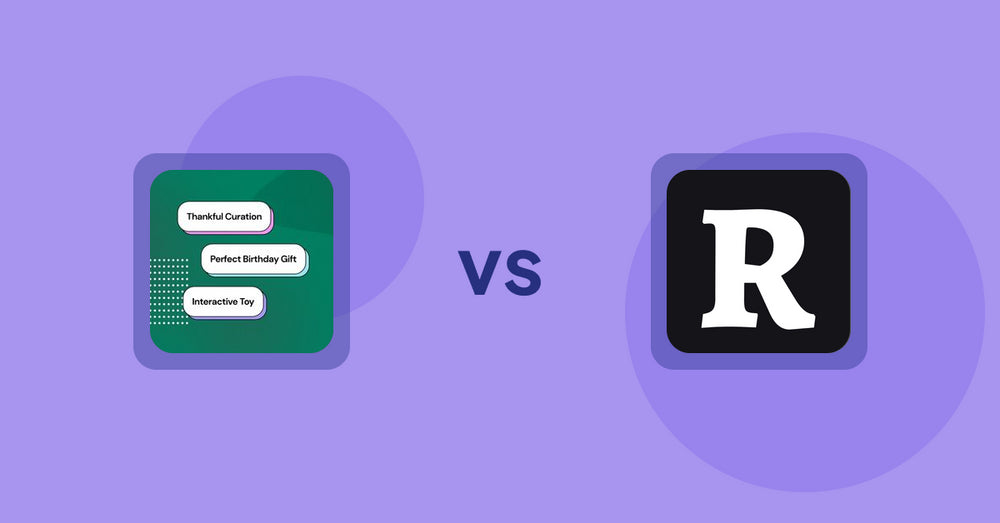
Shopify Product Display Apps: FeatureFrame ‑ Pretty Product vs. AI SEO: Top Product Features
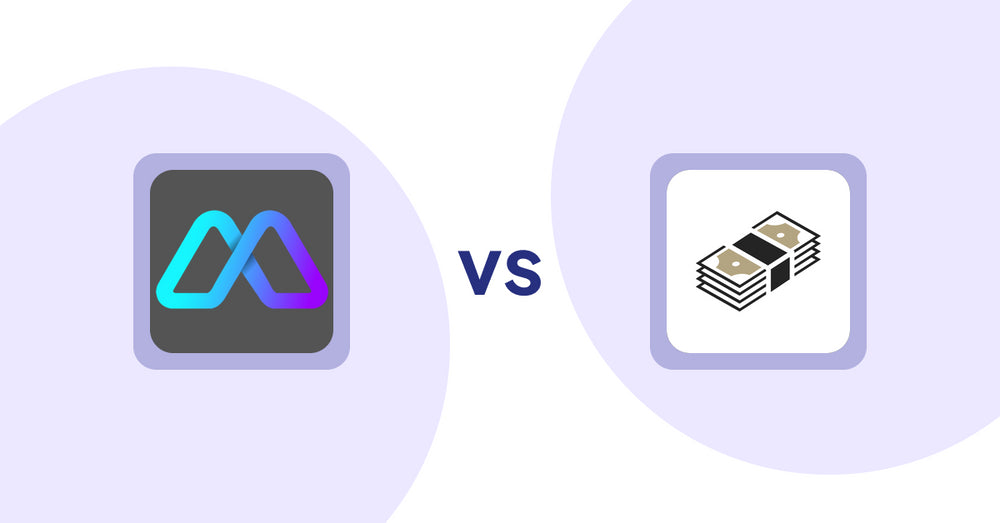
Shopify Product Display Apps: Metadrob: Create Virtual Store vs シンプルクラウドファンディング|お手軽自社クラファン
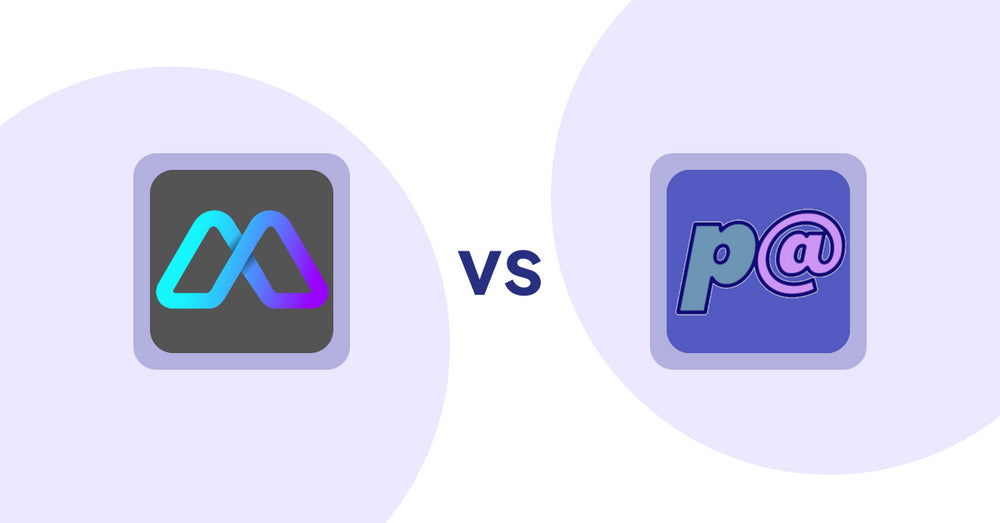
Shopify Product Display Apps: Metadrob: Create Virtual Store vs Parameterizer
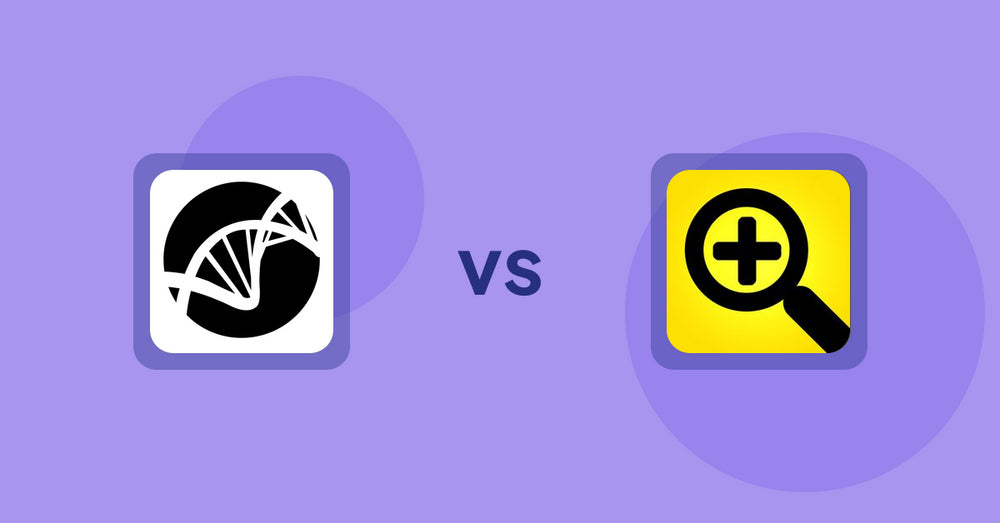
Shopify Product Display Apps: Bike Matrix vs. Fast View: Fastest Quick View
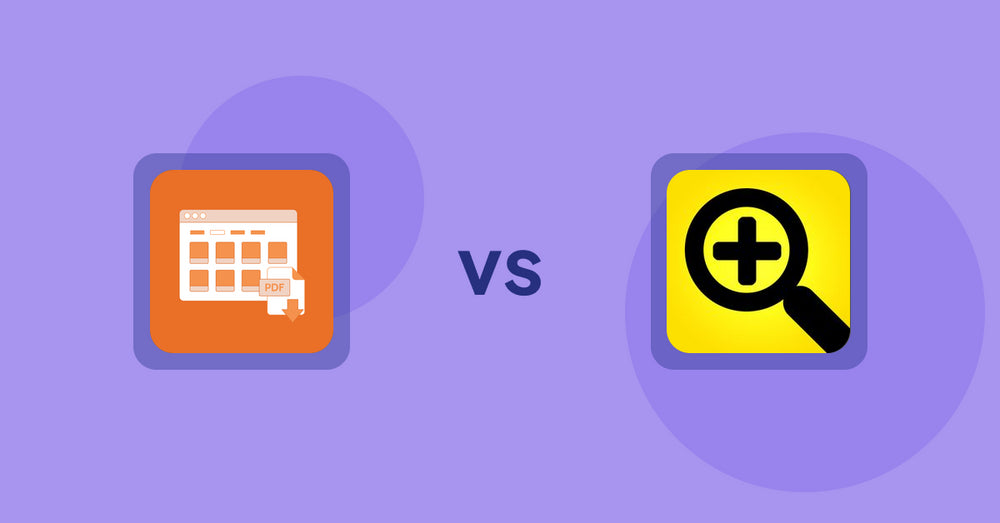
Shopify Product Display Apps: Meetanshi PDF Product Catalog vs Fast View: Fastest Quick View
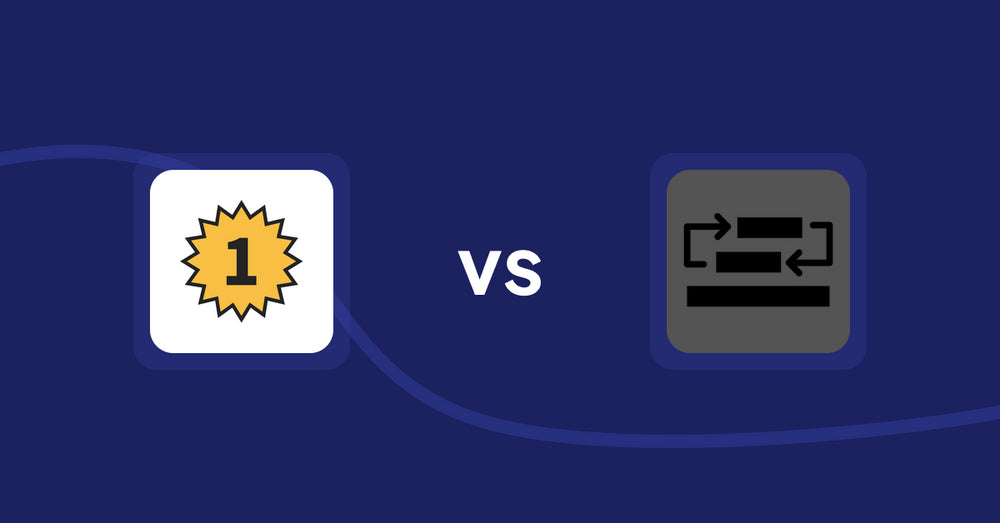
Shopify Product Display Apps: UR: Smart Ranking vs Sortyfi Collection Merchandise
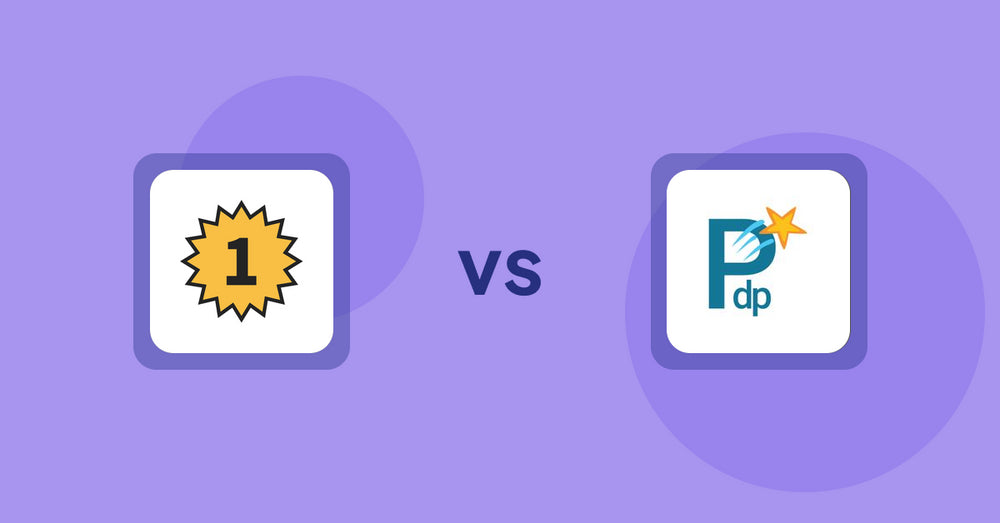
Shopify Product Display Apps: UR: Smart Ranking vs PDP Star
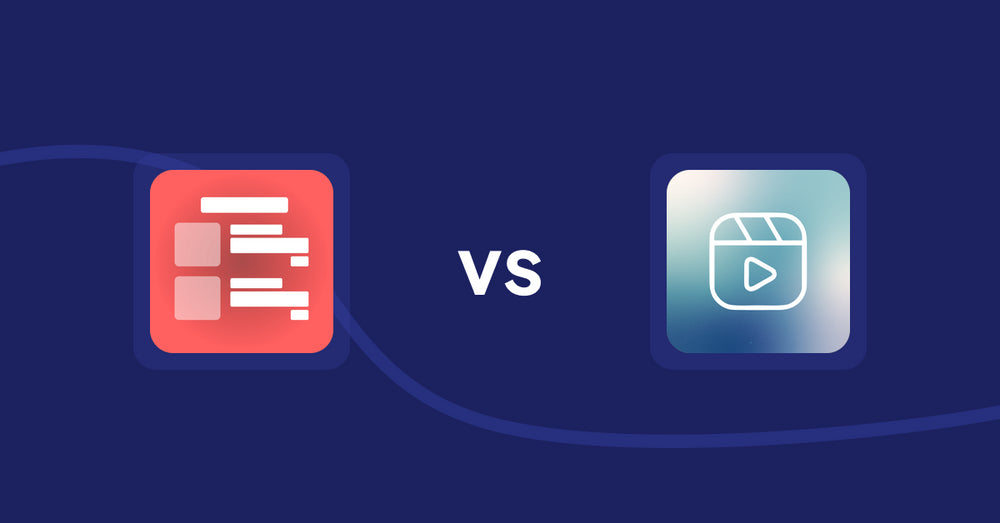
Shopify Product Display Apps: Menulog vs Reelify ‑ Shoppable Reel Video
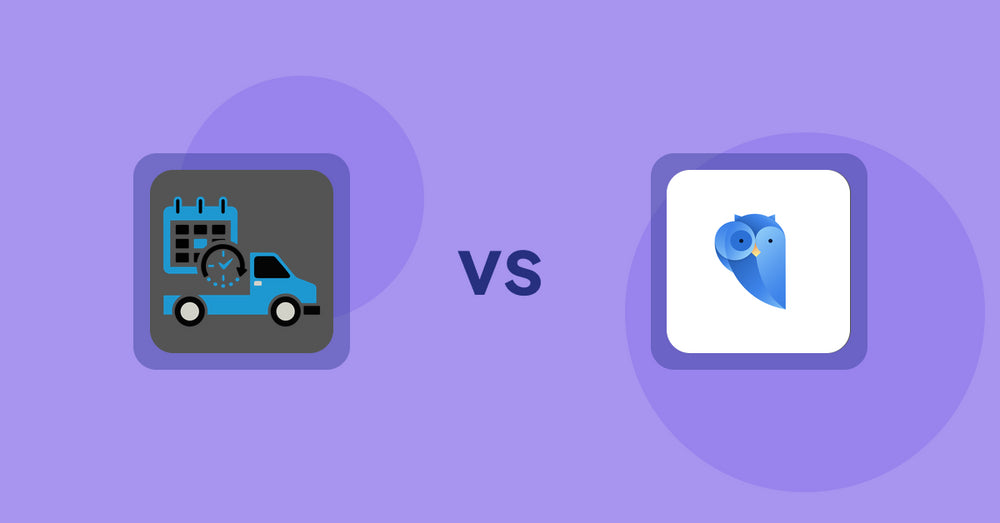
Shopify Product Display Apps: H3 Estimated Delivery vs Findify Search & Merchandise
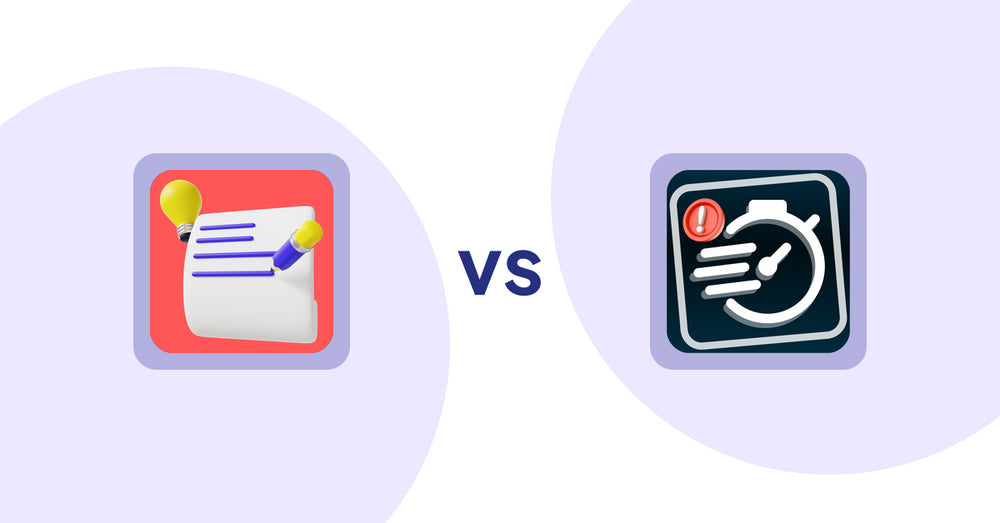
Shopify Product Display Apps: Wordo ‑ ChatGPT AI Description vs Urgency! Low Stock Counter
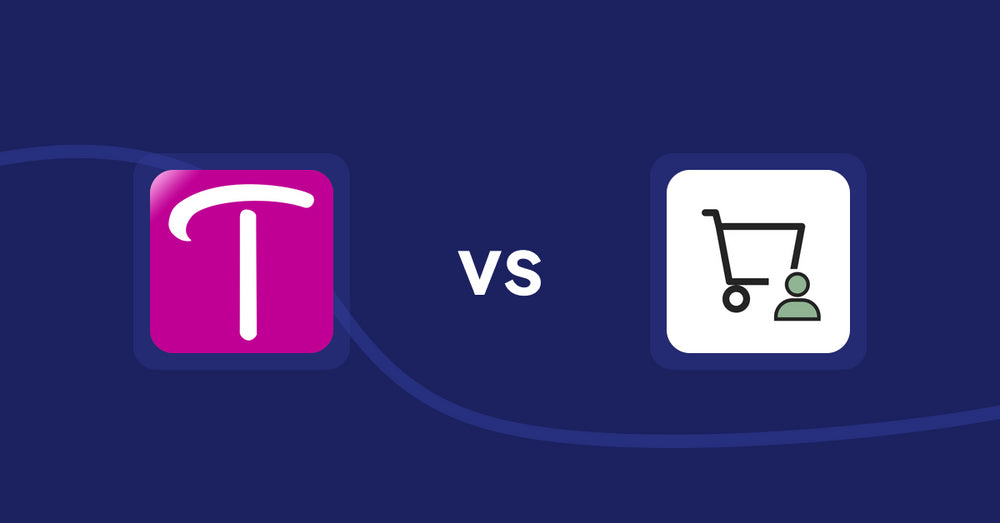
Shopify Product Display Apps: WS Transparency vs シンプル会員注文割引|お手軽ログインセール設定
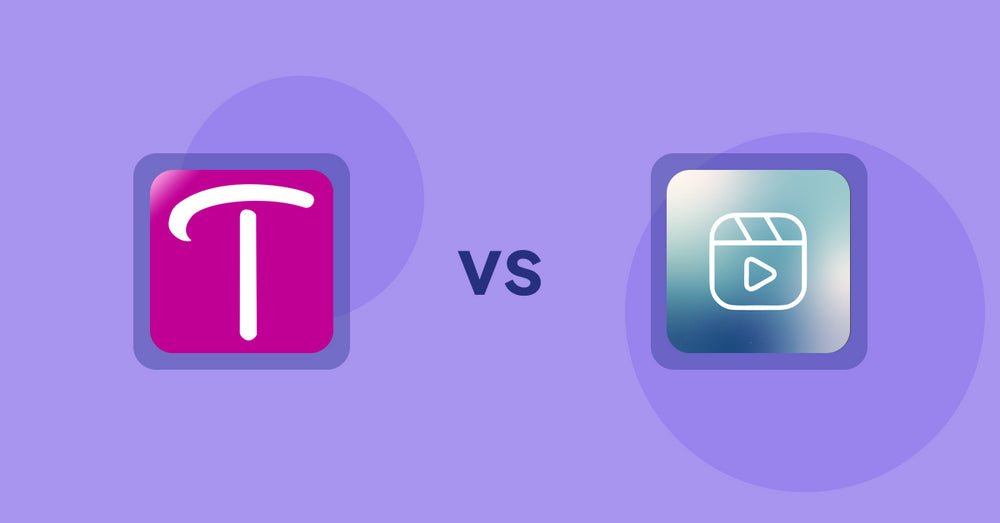
Shopify Product Display Apps: WS Transparency vs Reelify ‑ Shoppable Reel Video
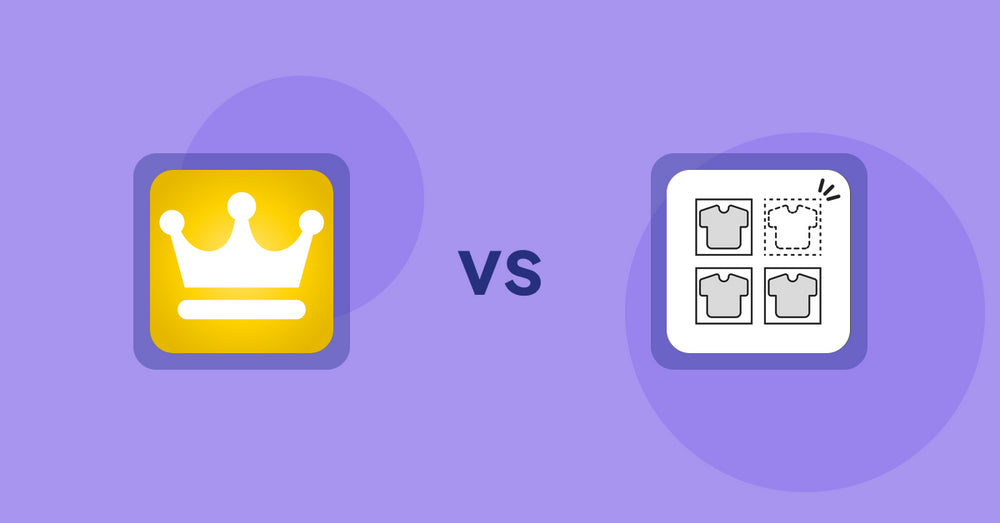
Shopify Product Display Apps: Awesome Ranking vs シンプル売り切れ非表示|在庫切れ商品の表示変更
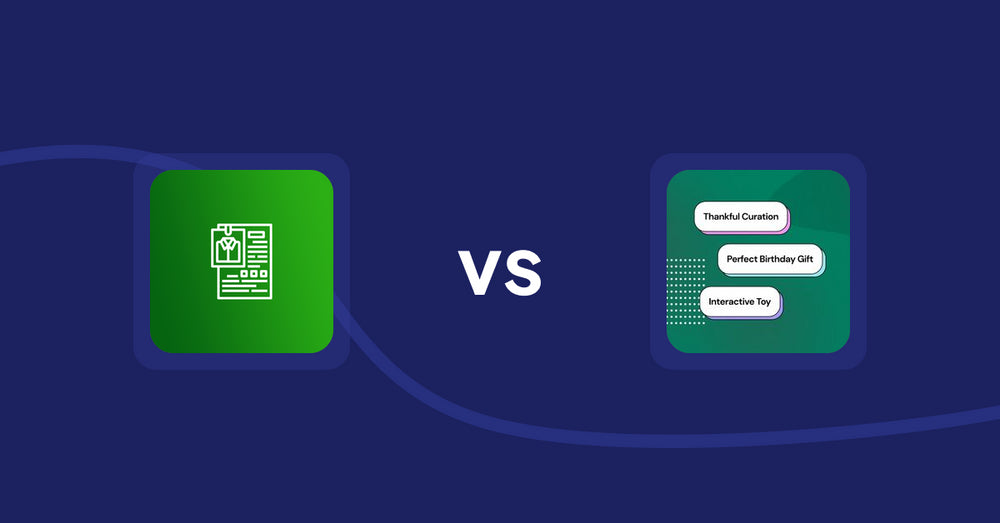
Shopify Product Display Apps: OC Product Size Chart vs FeatureFrame ‑ Pretty Product
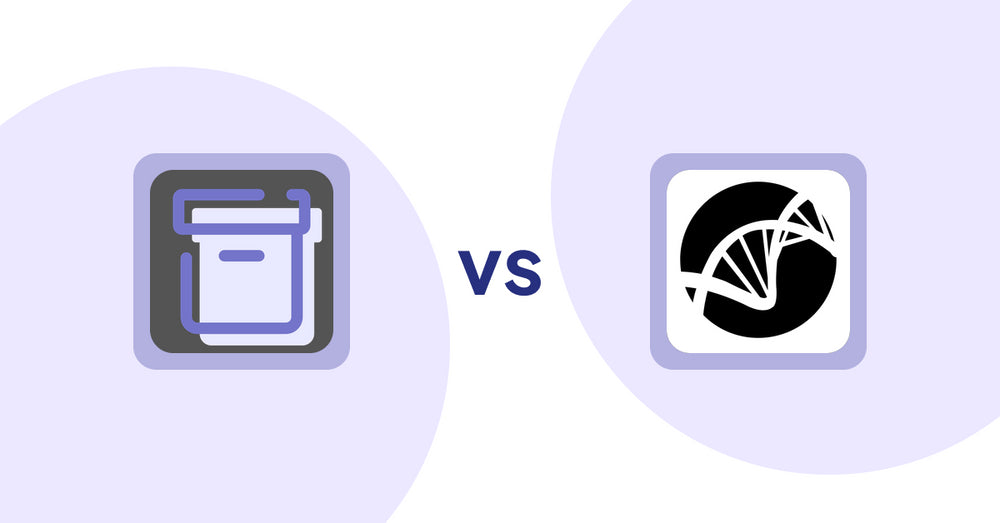
Shopify Product Display Apps: Shelfify vs Bike Matrix
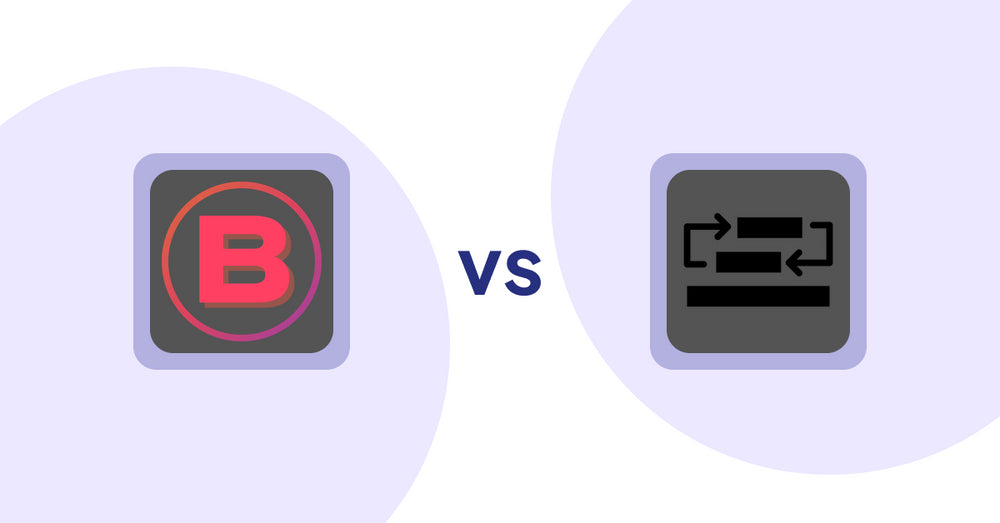
Shopify Product Display Apps: Banter Stories vs Sortyfi Collection Merchandise
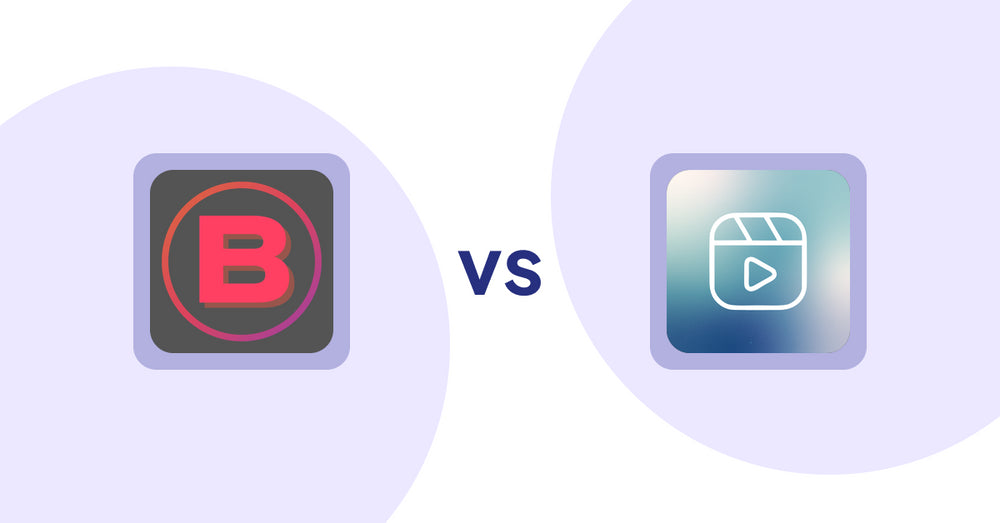
Shopify Product Display Apps: Banter Stories vs. Reelify ‑ Shoppable Reel Video
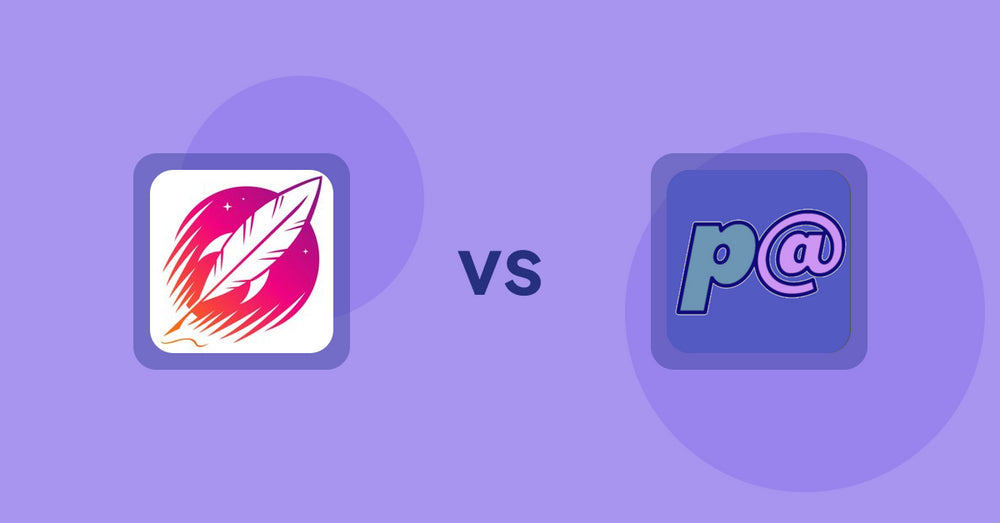
Shopify Product Display Apps: Wordsmith: Content Generator vs Parameterizer

Shopify Product Display Apps: Wordsmith: Content Generator vs Reelify ‑ Shoppable Reel Video
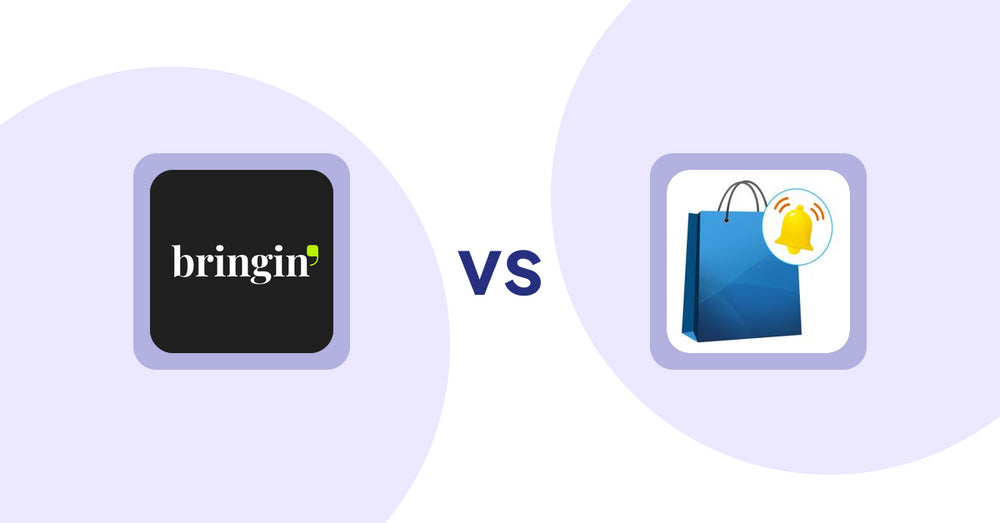
Shopify Product Display Apps: Bringin vs CartBar ‑ Product Purchase Bar
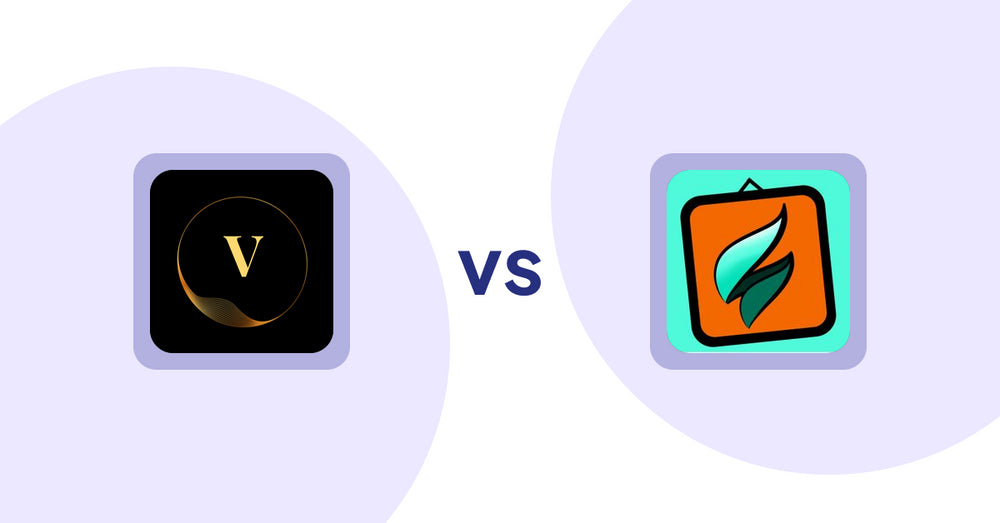
Shopify Product Display Apps: ProductTube vs SMART ‑ Art Product Builder
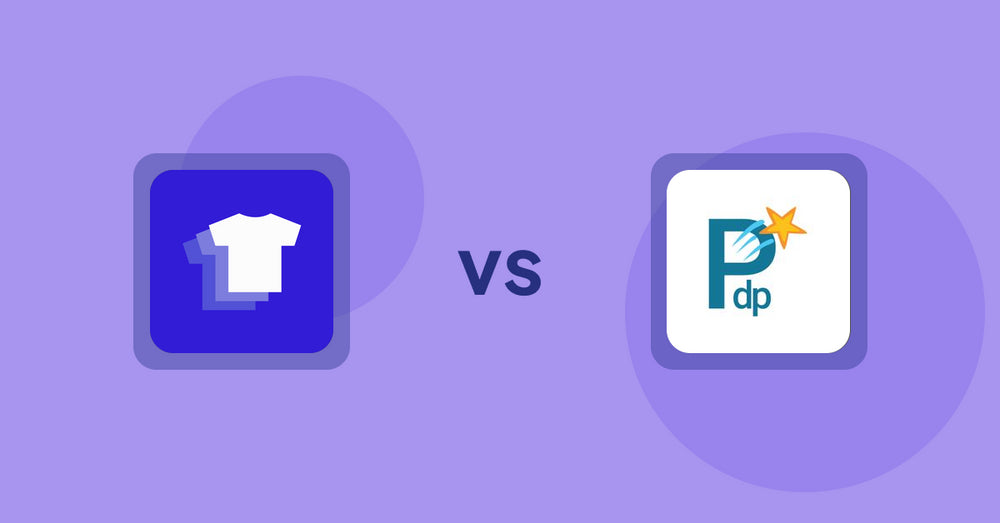
Shopify Product Display Apps: Xpander vs PDP Star
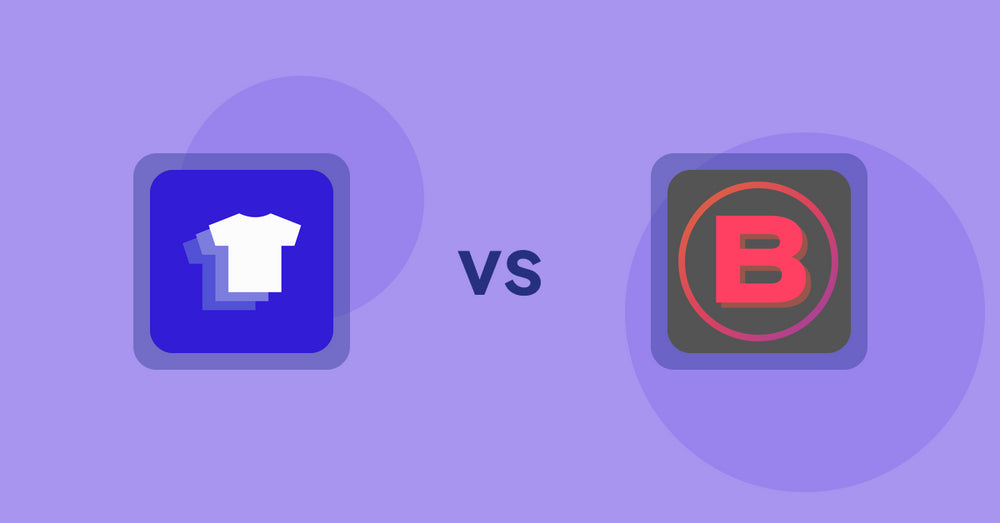
Shopify Product Display Apps: Xpander vs Banter Stories
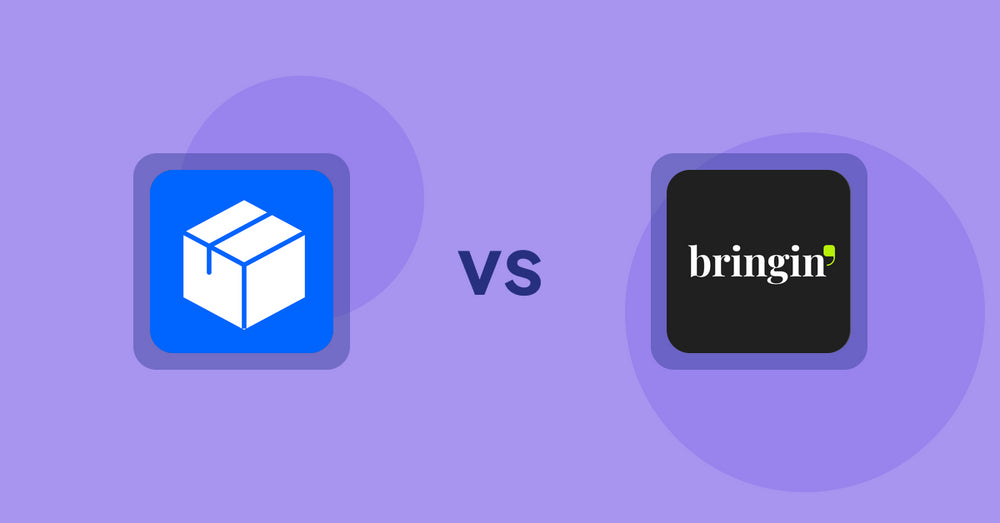
Shopify Product Display Apps: Wonderful Widgets vs Bringin
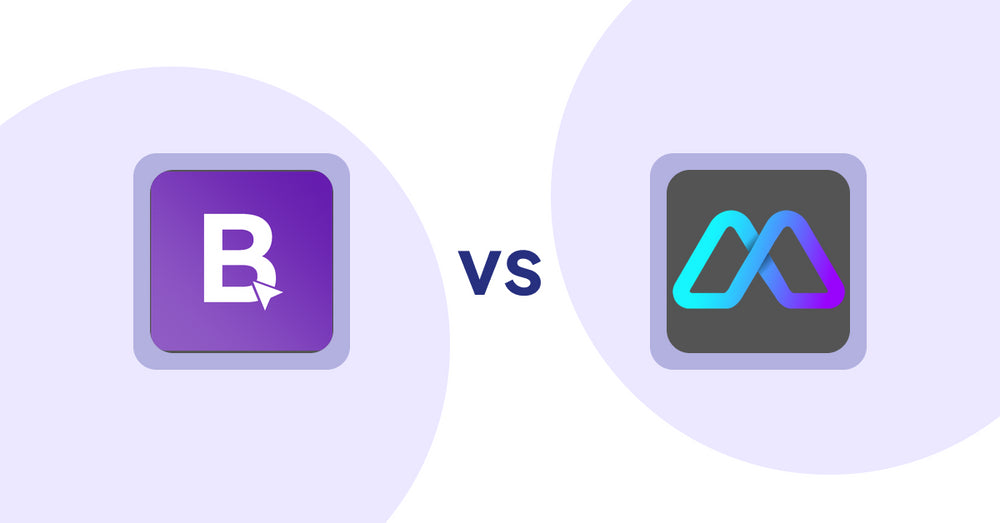
Shopify Product Display Apps: BookE - Rent Property & Service vs Metadrob: Create Virtual Store
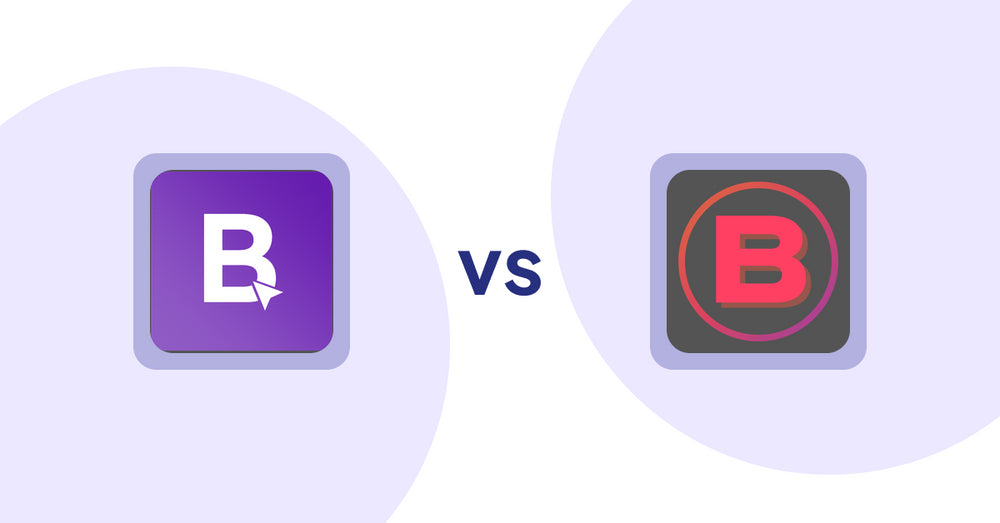
Shopify Product Display Apps: BookE ‑Rent Property & Service vs. Banter Stories
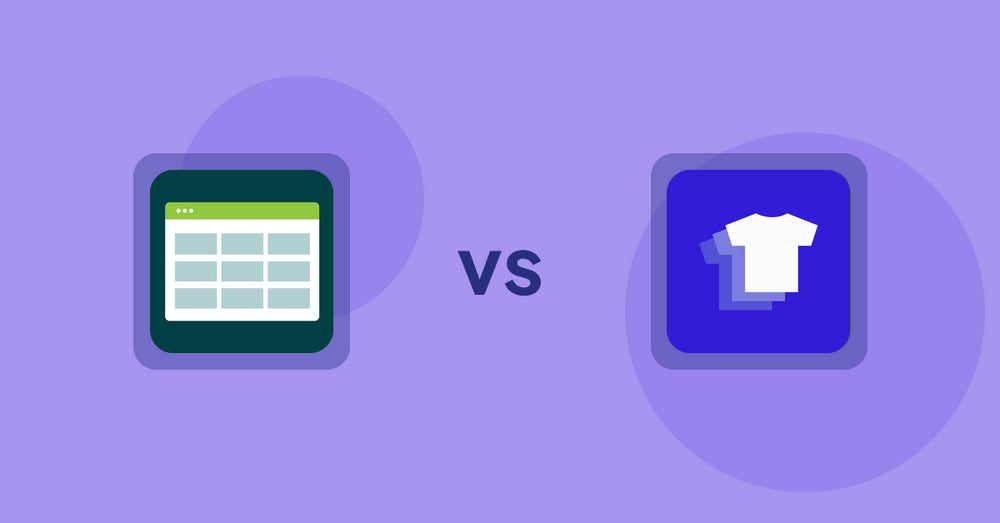
Shopify Product Display Apps: Product Table vs. Xpander
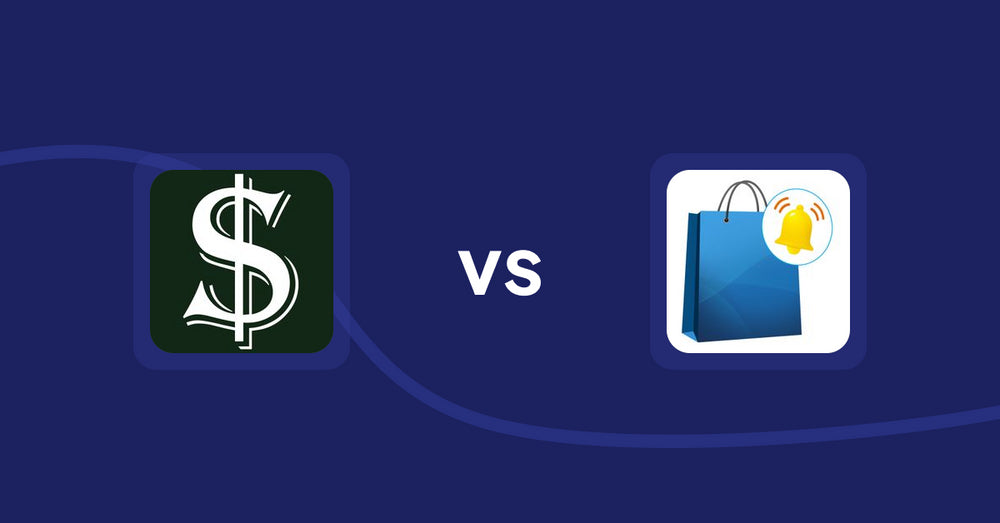
Shopify Product Display Apps: Selling Fast vs CartBar ‑ Product Purchase Bar
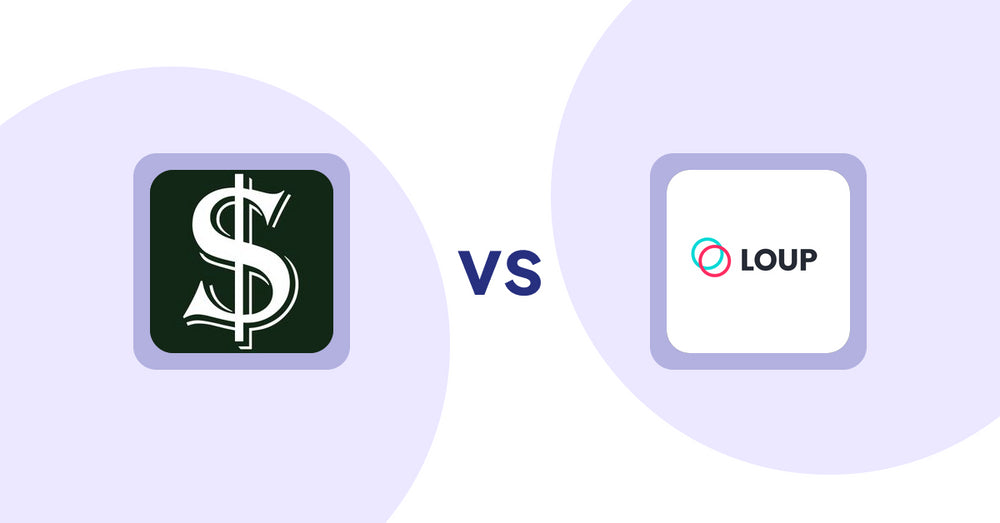
Shopify Product Display Apps: Selling Fast vs. Loup: Sell on Instagram
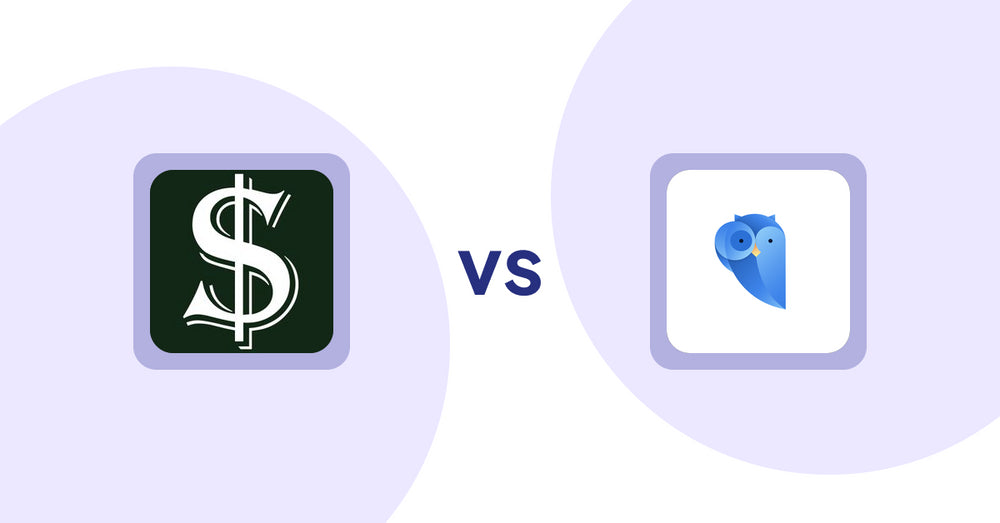
Shopify Product Display Apps: Selling Fast vs. Findify Search & Merchandise
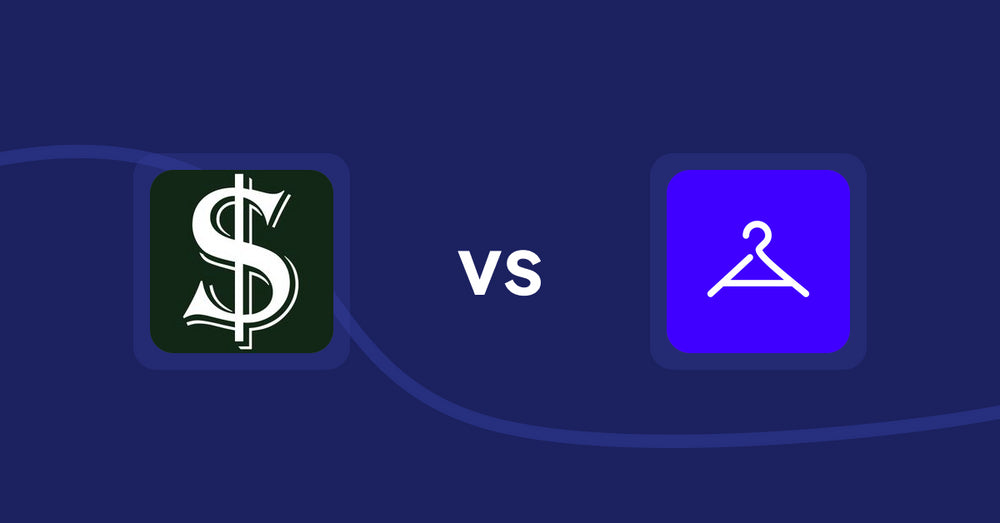
Shopify Product Display Apps: Selling Fast vs. Aiuta
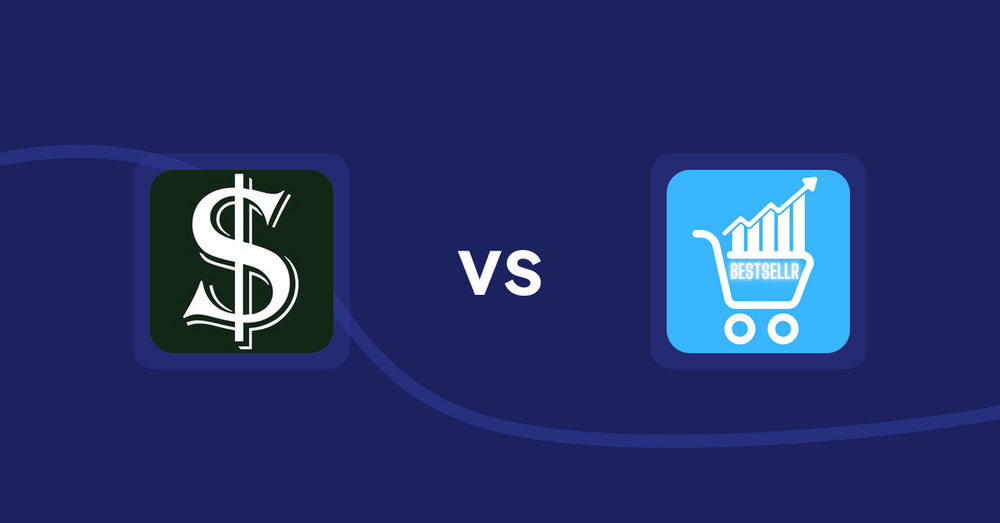
Shopify Product Display Apps: Selling Fast vs Bestsellr
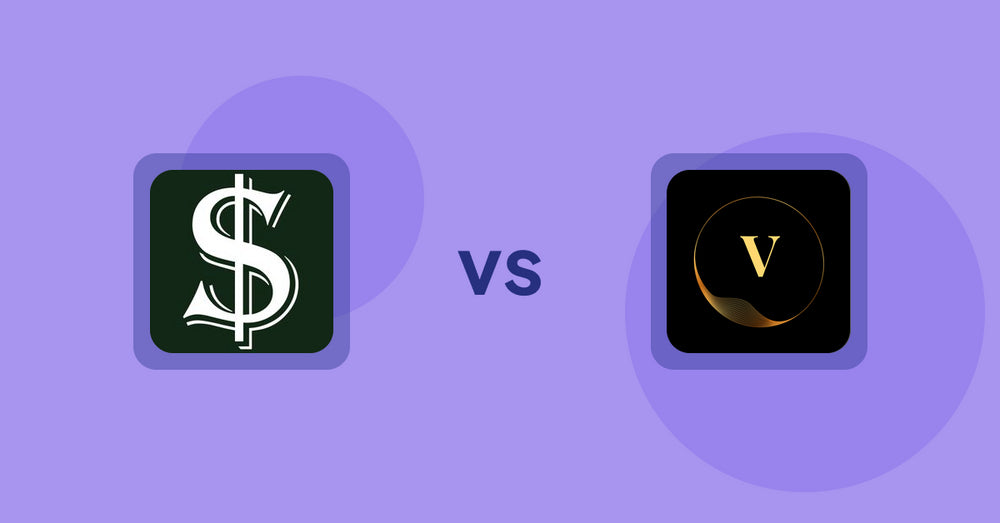
Shopify Product Display Apps: Selling Fast vs ProductTube
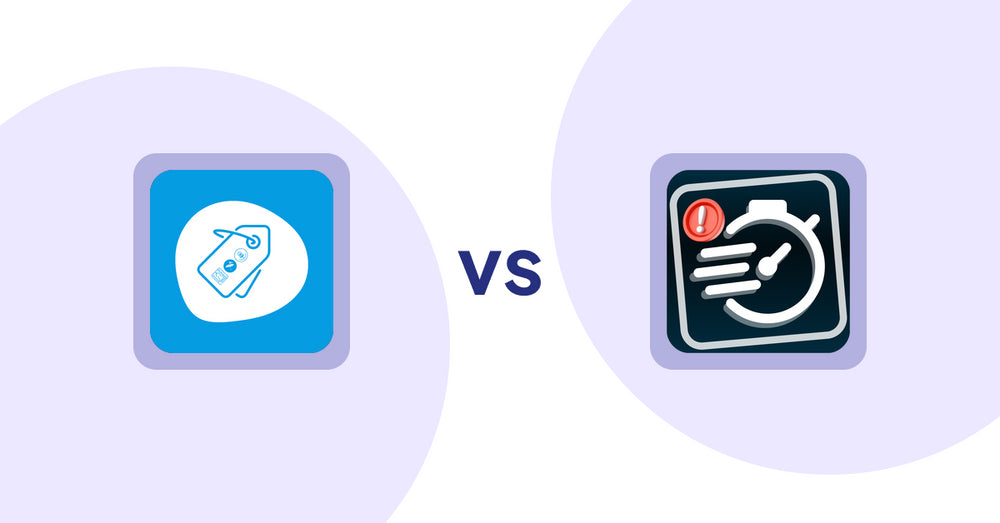
Shopify Product Display Apps: Extendons Product Tag Images vs Urgency! Low Stock Counter
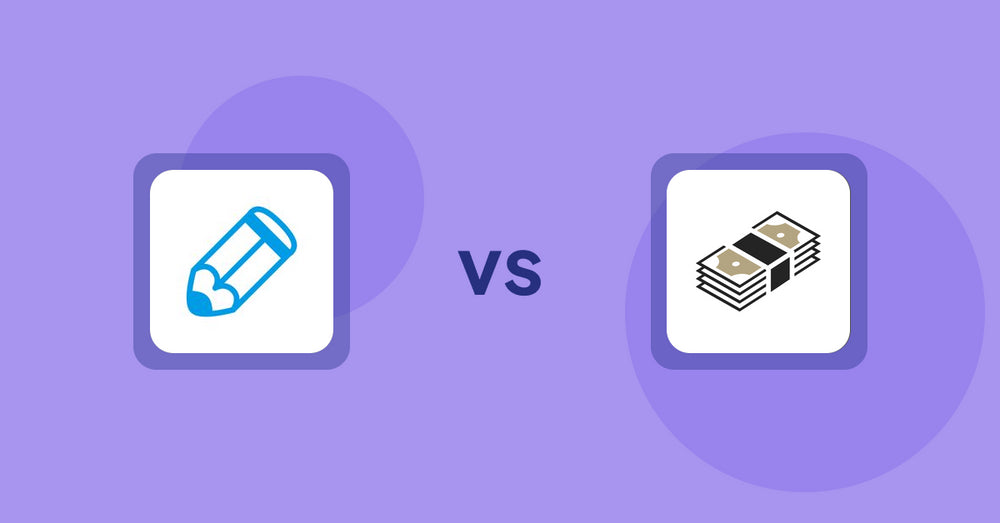
Shopify Product Display Apps: Writer Sofia vs シンプルクラウドファンディング|お手軽自社クラファン
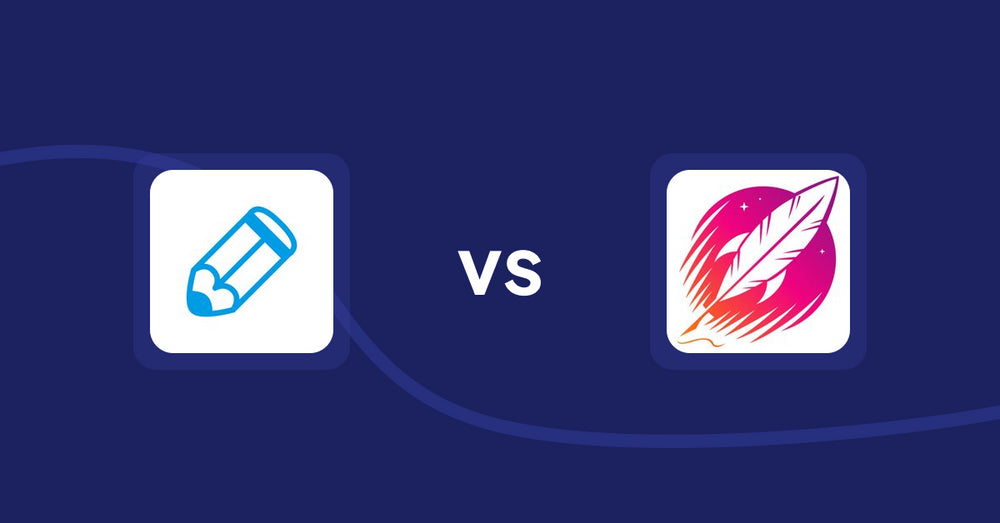
Shopify Product Display Apps: Writer Sofia vs Wordsmith: Content Generator
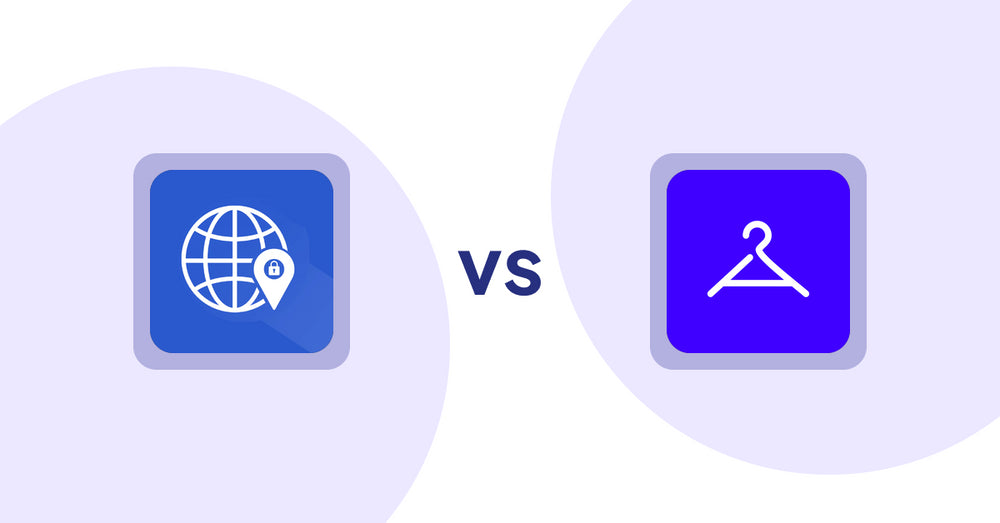
Shopify Product Display Apps: Addify ‑ Country Restrictions vs Aiuta
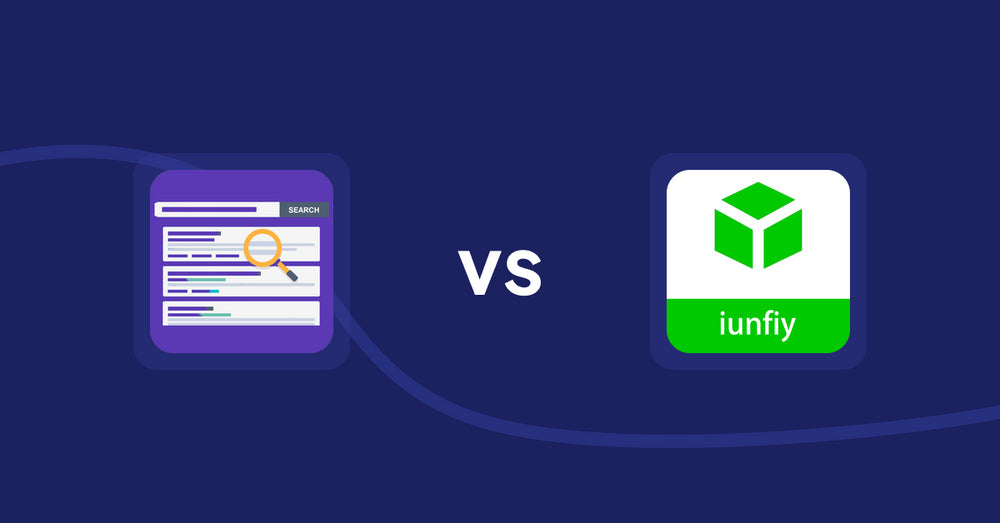
Shopify Product Display Apps: Spark AI Products Description vs iunfiy • Related Products
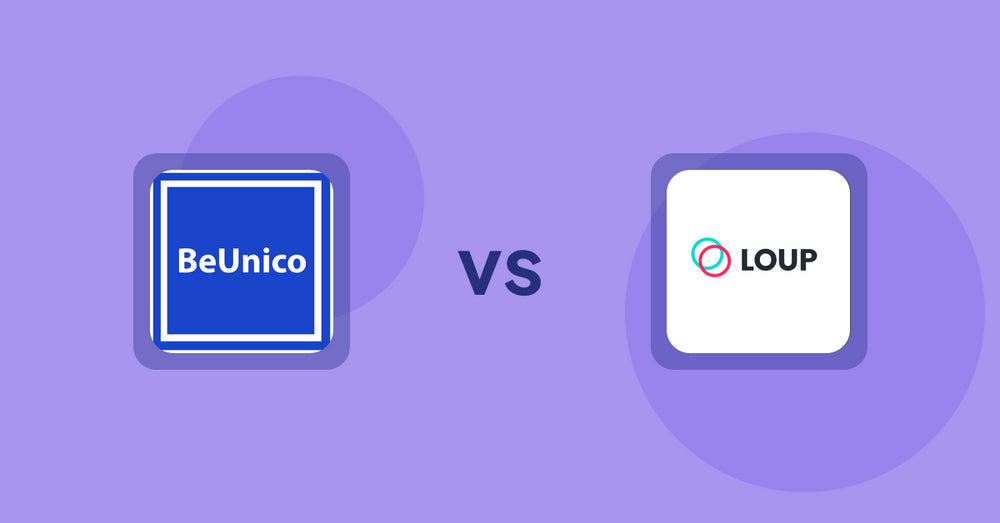
Shopify Product Display Apps: BeUnico vs Loup: Sell on Instagram
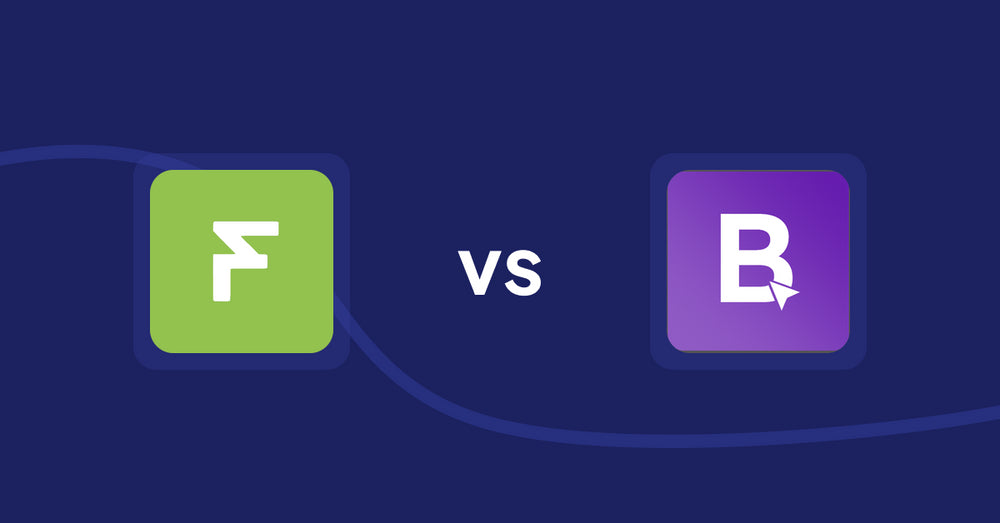
Shopify Product Display Apps: Easy Estimate Shipping vs BookE ‑Rent Property & Service
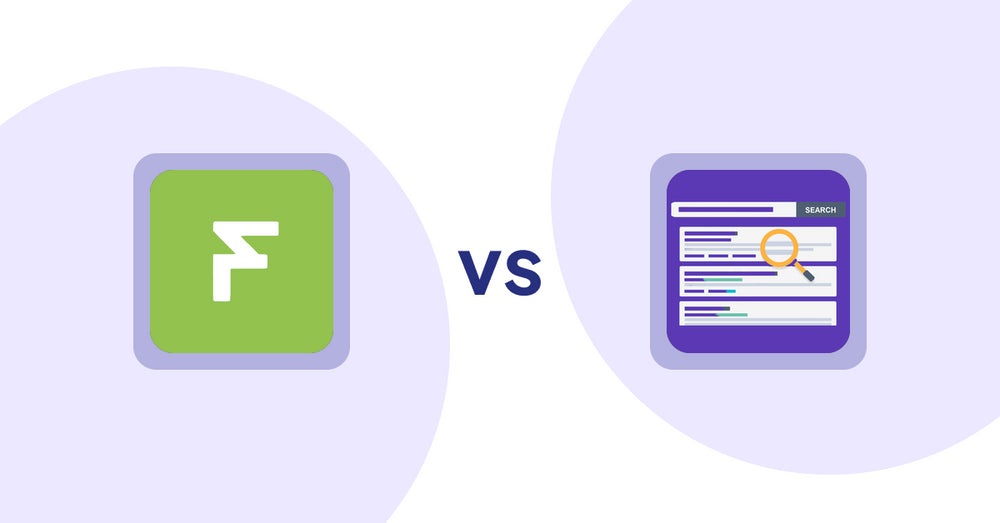
Shopify Product Display Apps: Easy Estimate Shipping vs. Spark AI Products Description
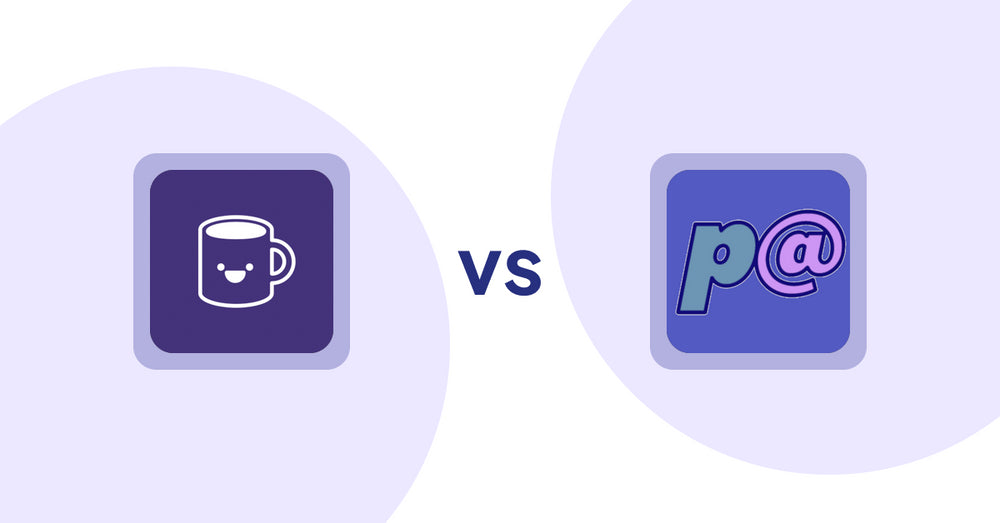
Shopify Product Display Apps: Mugshot Bot vs Parameterizer
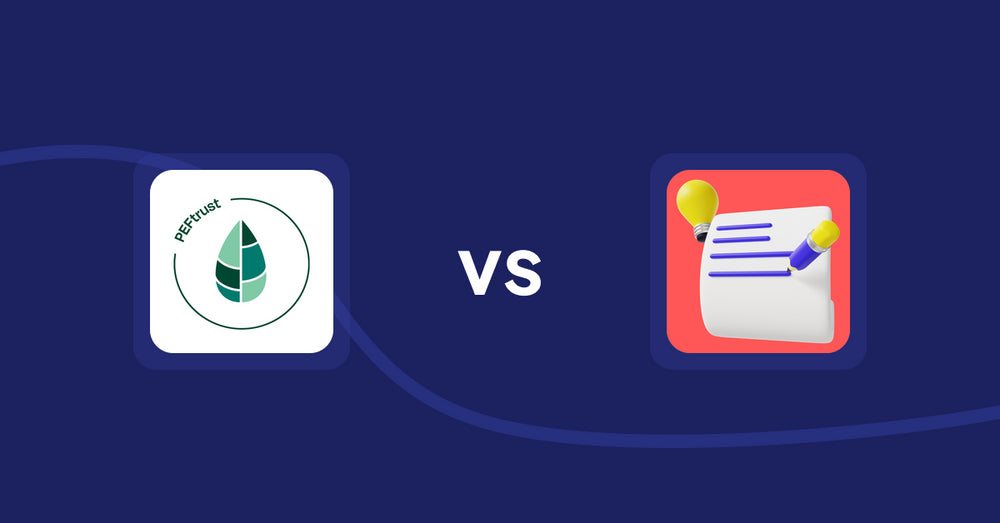
Shopify Product Display Apps: Peftrust vs. Wordo ‑ ChatGPT AI Description
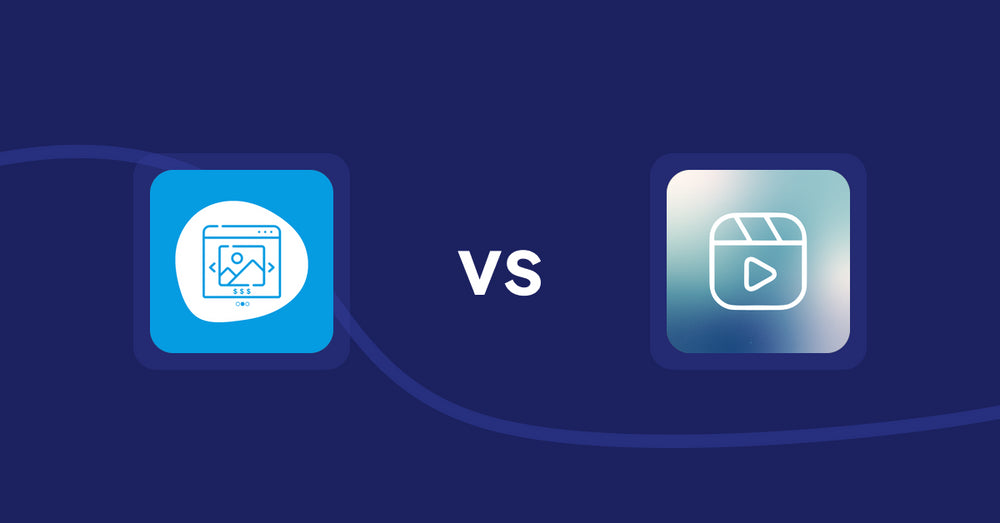
Shopify Product Display Apps: Quick Product Navigator Slide vs Reelify ‑ Shoppable Reel Video
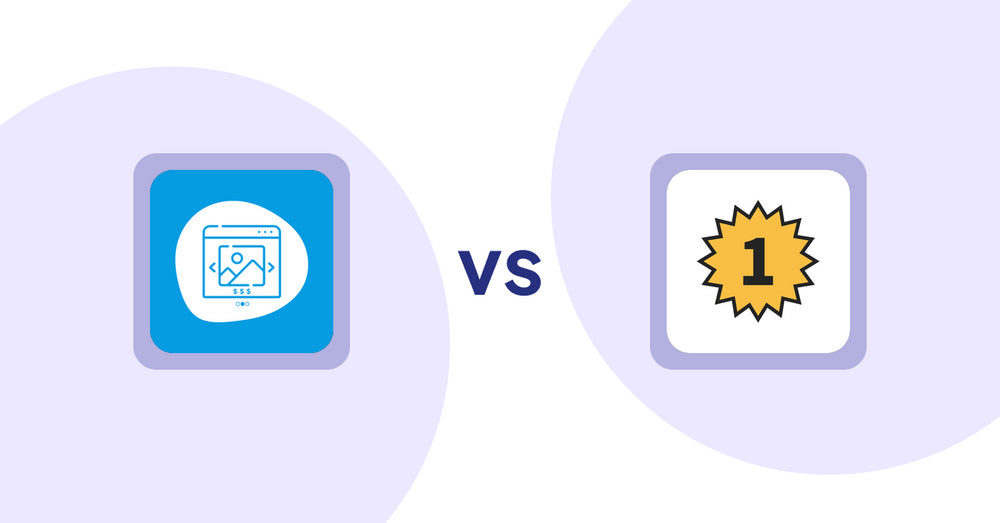
Shopify Product Display Apps: Quick Product Navigator Slide vs. UR: Smart Ranking
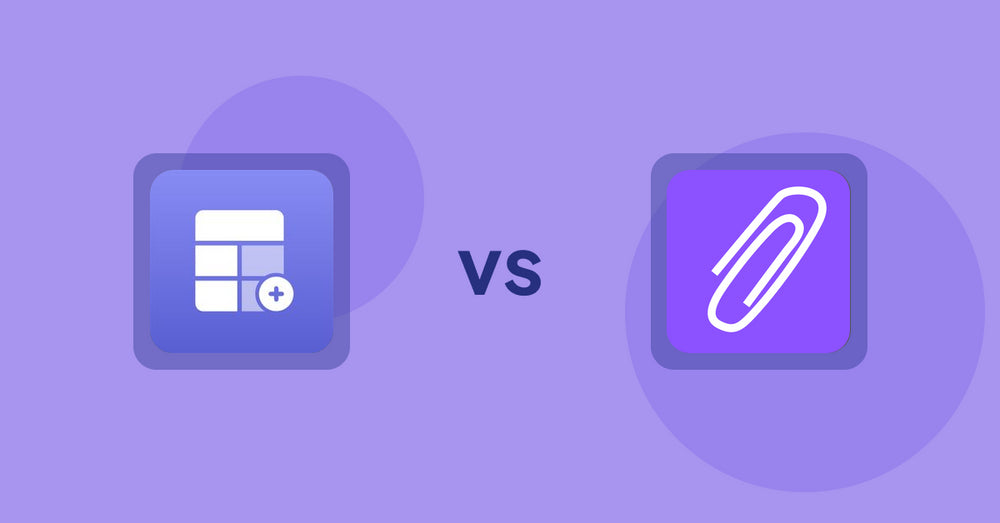
Shopify Product Display Apps: Eazy Specification Tags Table vs Agile Attachments
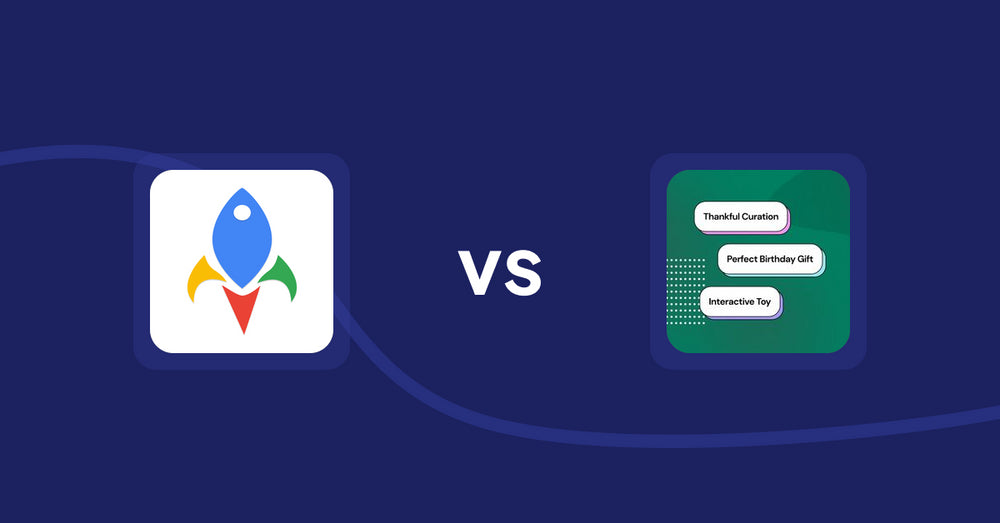
Shopify Product Display Apps: Jedi Back In Stock Admin Alert vs FeatureFrame ‑ Pretty Product
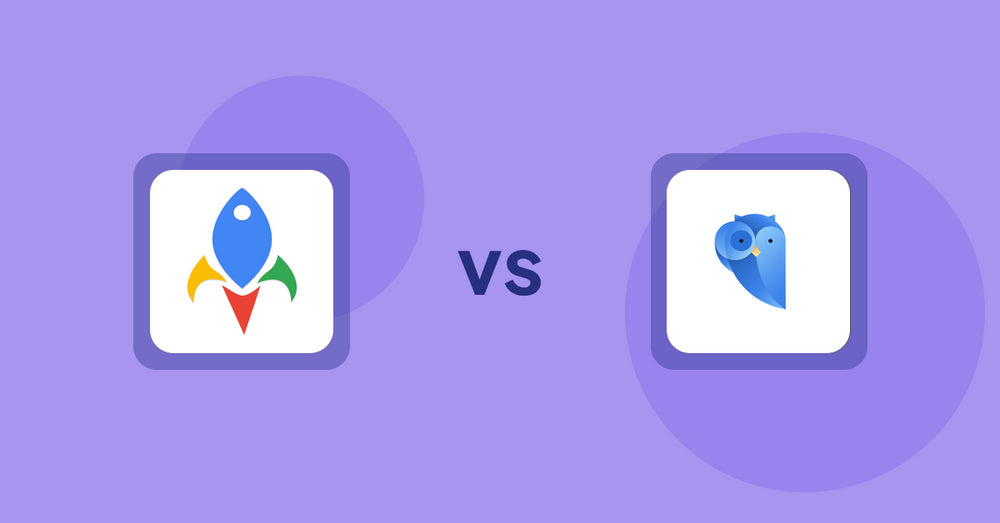
Shopify Product Display Apps: Jedi Back In Stock Admin Alert vs. Findify Search & Merchandise
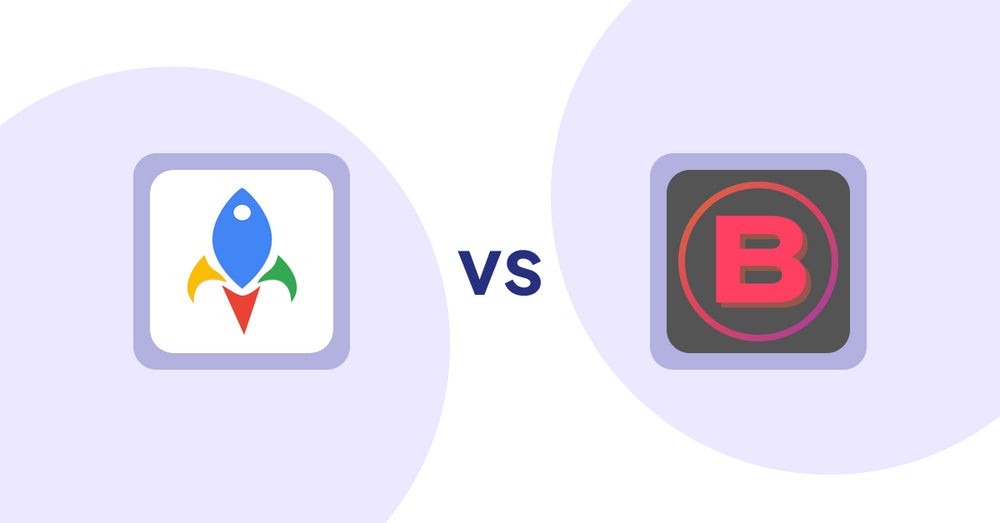
Shopify Product Display Apps: Jedi Back In Stock Admin Alert vs Banter Stories
